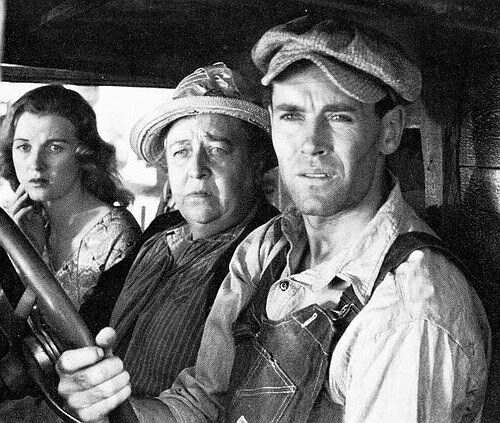ALL THAT REMAINS
BY BRIAN FANELLI
ISBN: 978-1936373468
OCTOBER 2013
UNBOUND CONTENT
Here’s a challenge for all of you poets out there. Get a copy of Brian Fanelli’s All That Remains and try to write like him. At first blush it does not seem an insurmountable challenge. Fanelli’s work is approachable. He does not brandish his technical prowess with intimidating sestinas. There is no pandering to theory, nor does he flaunt his erudition by quoting obscure thinkers or having his characters speak in Latin. (Though there are some well-placed references to Bob Dylan and horror movies.) What we do find are rusting towns and their hard-working denizens, whose horizons are limited through no fault of their own. We also catch moments of tenderness and regret and glimpses of youth with chances seized or lost.
While All that Remains is best consumed end to end, I am going to focus first on a poem that appears in the middle, After Working Hours. The people inhabiting this poem are not poets or artists or academics or urban professionals. The woman works in a grocery store. The man works construction, and the images and sounds of their work day follow them home and further still into their dreams, but they wake to love and consideration as he pours coffee and she touches his hand, “feeling warmth between his calluses and cracked skin.” These are not people with careers. For the couple in this poem, a job has little reward beyond the monetary. The drudgery exacts both a physical and psychological toll, but the simple affection between a man and a woman makes it something that can be borne.
Perhaps the most refreshing attribute of Fanelli’s work, in my opinion, is that he has overcome the temptation to write about oneself. There is always an “I” in his poems, and the “I” is usually the poet (though not always, as in Speaking from a Sick Bed), but the poet exists not to tell about himself and what he has been through, but to tell the story of the people around him. Summer at the Press Plant is more about the alcoholic, good-natured horror movie buff Frank, barely holding on, than the poet who is looking back to when he was “19 and home from college.” How I Remember Her ponders the fate of a female activist who surrenders the barricades because of motherhood and marriage to a man “she loves sometimes, when he’s nice.” While we may be curious about the poet’s true feelings for this woman, who is clearly a friend or more than a friend, the poem is not about unrequited love, but about the forces of life and time that make someone, once passionate and vigorous, quit the battle and surrender. The poet may not approve of his friend’s choice of a mate, but, if there is any judgment, it can barely be discerned.
In fact, there are few judgments rendered in All That Remains. Fanelli opts not to expose the violence, resentment, and ignorance that are often fellow travelers with hopelessness. He is not an ironic writer, not looking to poke fun at or criticize his subjects. His hard-working blue-collar characters are not racists or homophobes, not bullies or reactionaries. In fact, save for a passing reference to “decisions of law makers and kings,” “some senators and congressmen” actual villains are hard to come by in All That Remains. The people in these poems toil in dignity seemingly without residual bitterness, the cause of their fates unmentioned or distant.
I decided to set myself a challenge and write a poem like Brian Fanelli. I tried my best to transcend myself, to write about marriage and fatherhood from the perspective of someone who has a job, but no career (or no job at all), who works with his hands instead of tapping keyboards, who is too exhausted and concerned about how he will pay the heating bill to concern himself with questions metaphysical or mundane. I found it is not easy to capture with wit and humanity lives that are near your own geographically, but further in terms of class or race or gender. Fanelli writes about fates that he himself has escaped, but he is unwilling to turn his back, to say: “I’m out of here. You’re on your own.”


